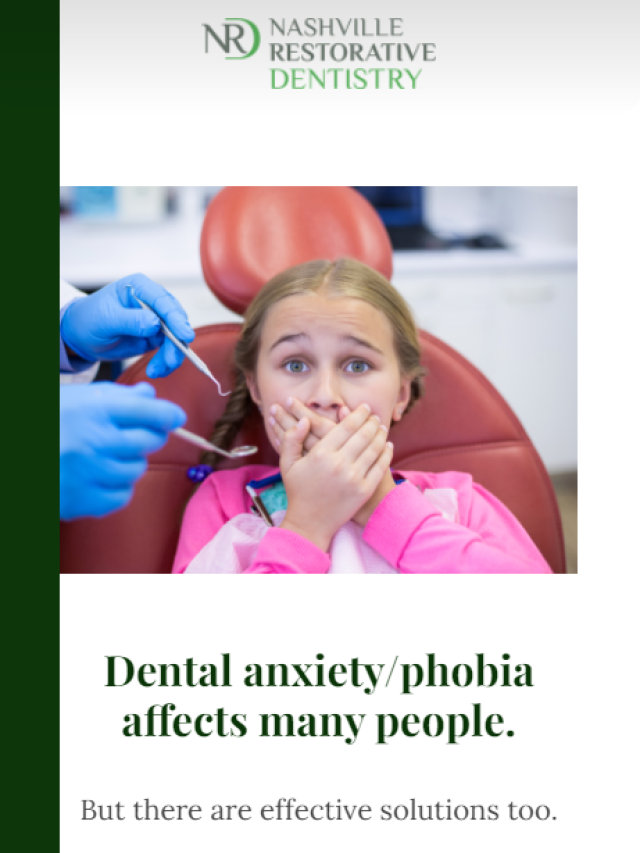Sleep better, live with more energy, and reduce your risk of heart attack and stroke.
- Sleep apnea is a condition in which you repeatedly stop breathing for short periods of time while you sleep.
- Many people don’t know they have sleep apnea and suffer the symptoms untreated.
- Sleep apnea causes or worsens many serious systemic health problems.

Obstructive sleep apnea (OSA) is a serious chronic sleep disorder that not only places your body under constant stress at night, but prevents you from enjoying your day-to-day life. When you suffer from OSA, you frequently stop breathing during the night, making it impossible to get a restful, recuperative, and most importantly regenerative night of sleep.
We know a lack of restful sleep affects your mood, your ability to focus, and even your relationships. But did you know it can have an affect on your health as well? Sleep apnea has been linked to serious conditions like high blood pressure, stroke, heart attack, diabetes, sexual dysfunction and even anxiety and depression.
You deserve to get your life back.
In mild and moderate cases of sleep apnea, we can provide patients with a simple dental device to wear at night. This device, custom made from a digital scan of your mouth, positions the bottom jaw forward during sleep, keeps the airway open, and can be very effective in treating OSA.
What is sleep apnea?
Obstructive Sleep Apnea (OSA) occurs when a sleeping person’s airway becomes blocked and prevents oxygen flow to the lungs, which prevents adequate oxygen from reaching the brain. This causes the brain to arouse the body enough to begin breathing again. The repeated cycle of sleep, airway blockage, and brain arousal ensures people with OSA never get a full restful night of sleep, placing their bodies under constant stress. OSA can also cause or put you at risk for other serious health consequences.
What are the signs and symptoms of sleep apnea?
The three primary symptoms of OSA are: loud snoring, fighting daytime sleepiness (like at work or while driving), and high blood pressure.
Other signs include: large neck size (17 inches or greater for men and 16 inches or greater for women), being overweight, nasal obstruction, large tongue or tonsils, and clenching/grinding teeth at night.
Why should I be concerned?
Obstructive sleep apnea increases a patient’s risk for heart attack and stroke more than any other single factor, including smoking and obesity. OSA is associated with other serious health problems, such as: chronic sleepiness, obesity, high blood pressure, heart disease, diabetes, acid reflux (GERD), depression, morning headaches, and impotence.
How can OSA be treated?
The most effective treatment for OSA is the CPAP (Continuous Positive Airway Pressure) device. It delivers a continuous flow of oxygen to the sleeping patient, which prevents the blockage of the airway. While very effective at treating OSA, many patients fail to consistently use it due to the noise and discomfort.
For mild to moderate cases of OSA, a simple dental device may be an effective treatment option. At Nashville Restorative Dentistry, we use several different MRD (mandibular repositioning device) options to treat sleep apnea. These devices work by gently positioning the bottom jaw forward during sleep, preventing airway blockage.
Nashville Restorative Dentistry offers several different appliances to treat sleep apnea, all of which are created with a fully digital workflow: Panthera Sleep D-SAD, SomnoDent Avant, and Optisleep.







